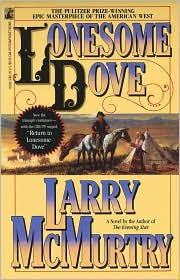
Zhadist (Lover Awakened, Black Dagger Brotherhood #3 by J.R. Ward)Read about the other entries on the list.
If I could pick every single book in J.R. Ward’s Black Dagger Brotherhood series, I would, but #3 is my favorite of them all because Zhadist is the darkest, most tortured, most wonderful hero of all time. After a century as a slave, Zhadist has embraced his freedom and identity as a savage force of vengeance. The cruelest of his brothers, Zhadist wants nothing more than to exact vengeance against those who hurt him…until he meets Bella—and then he wants nothing more than her.
Also see Lauren Owen's top ten vampire books, the ten best vampire novels ever, the top ten vampires in fiction and popular culture, ten vampire stories more romantic than "Twilight", Kevin Jackson's top 10 vampire novels, and Lisa Tuttle's critic's chart of top vampire books.
--Marshal Zeringue



































